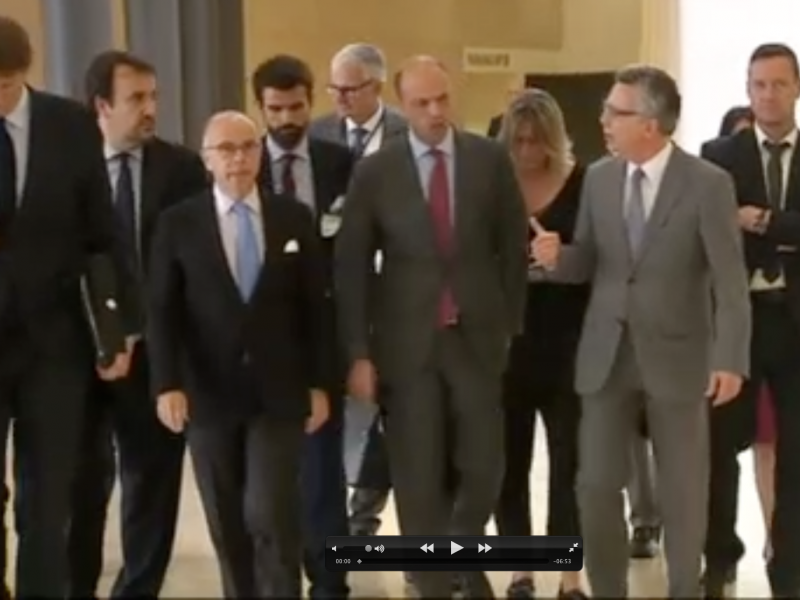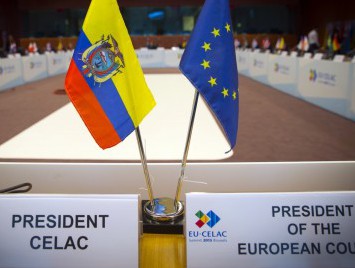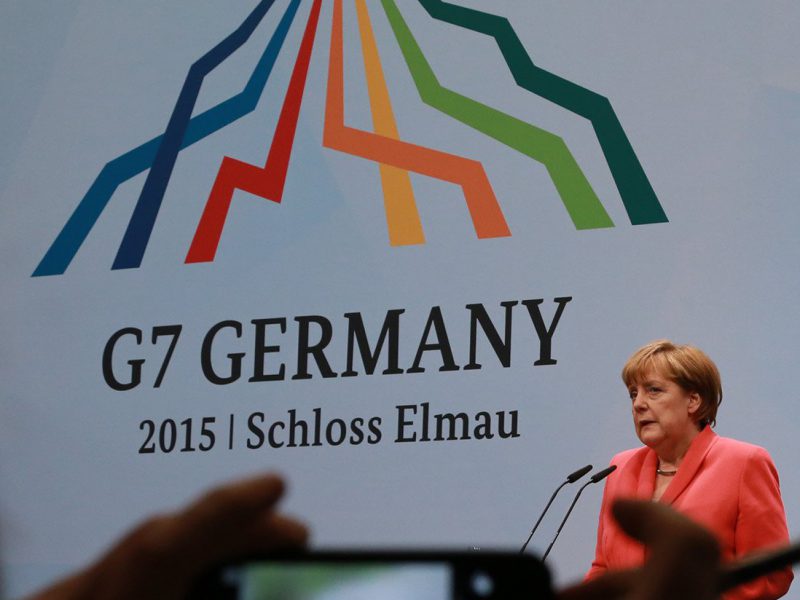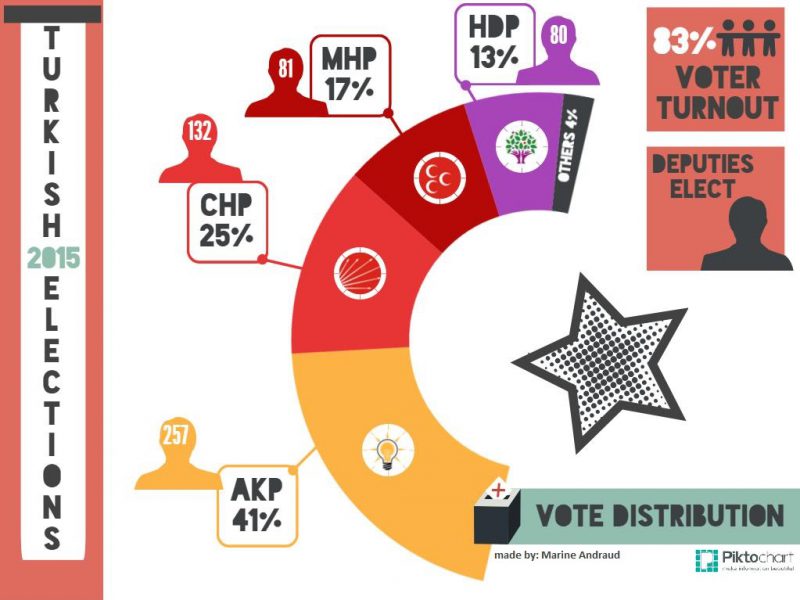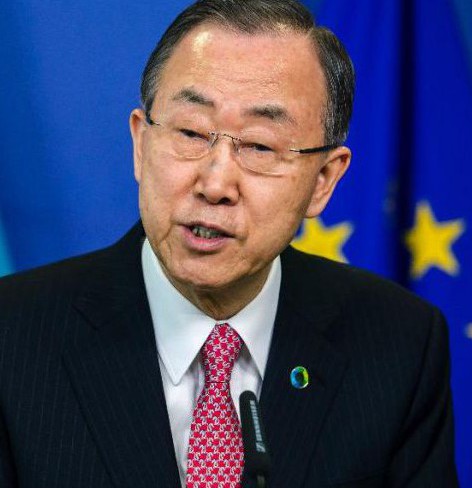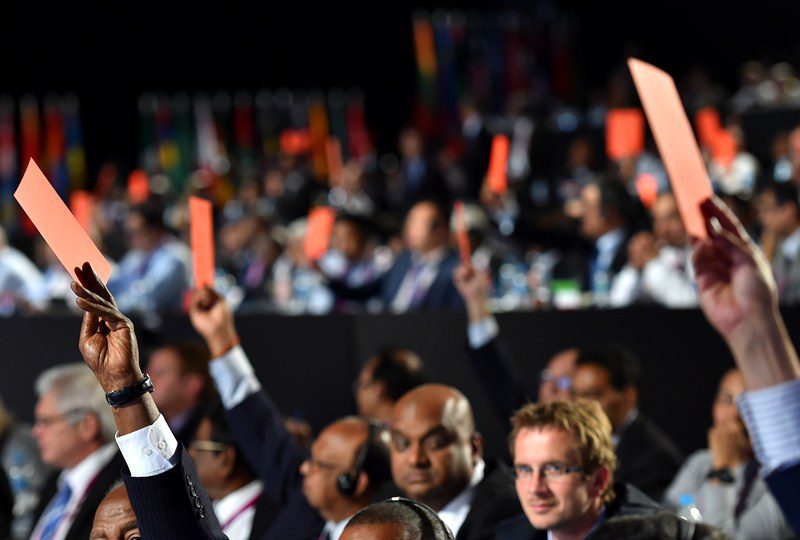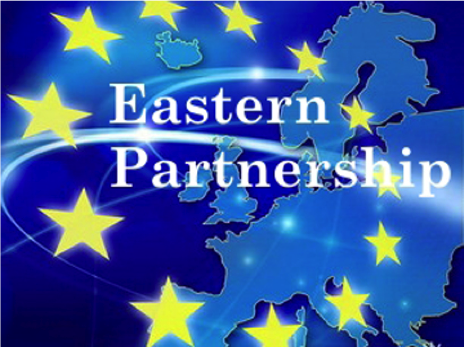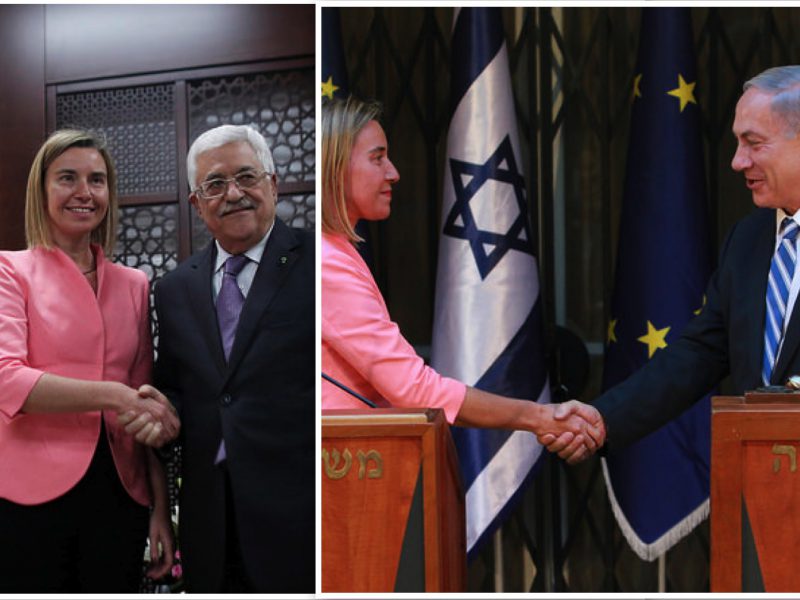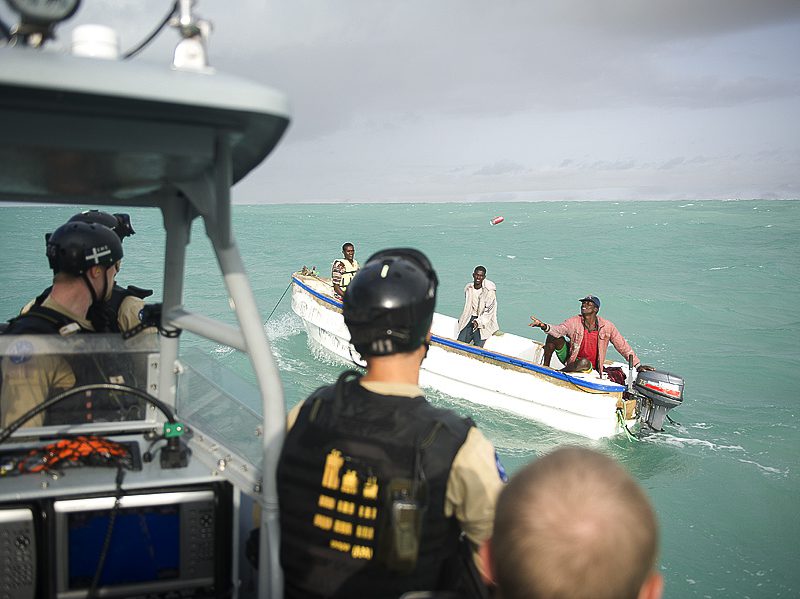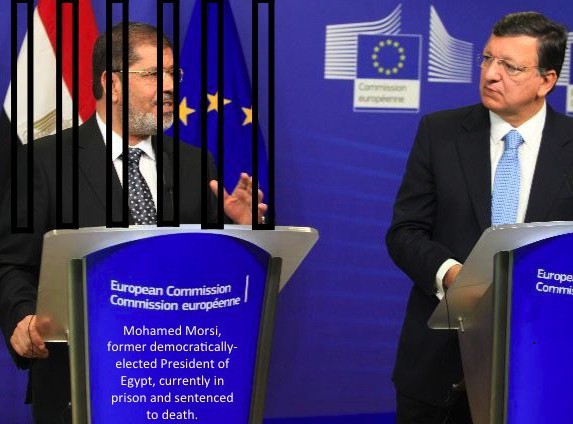Stalemate in EU migration talks
On Tuesday, 16 June, EU Home Affairs Ministers met in Luxembourg to discuss a plan to distribute asylum seekers more equally across the 28-member bloc. The scheme is part of the European Agenda on Migration, a bundle of several different and concrete measures proposed by the European Commission to respond to the current migration crisis. Over the last months, the number of migrants venturing across the Mediterranean in the hope of reaching Europe has skyrocketed. With little support from other member states, Italy and Greece have been left to bear the brunt of dealing with this influx of people. Both countries want other EU member states to help out and ease the burden

